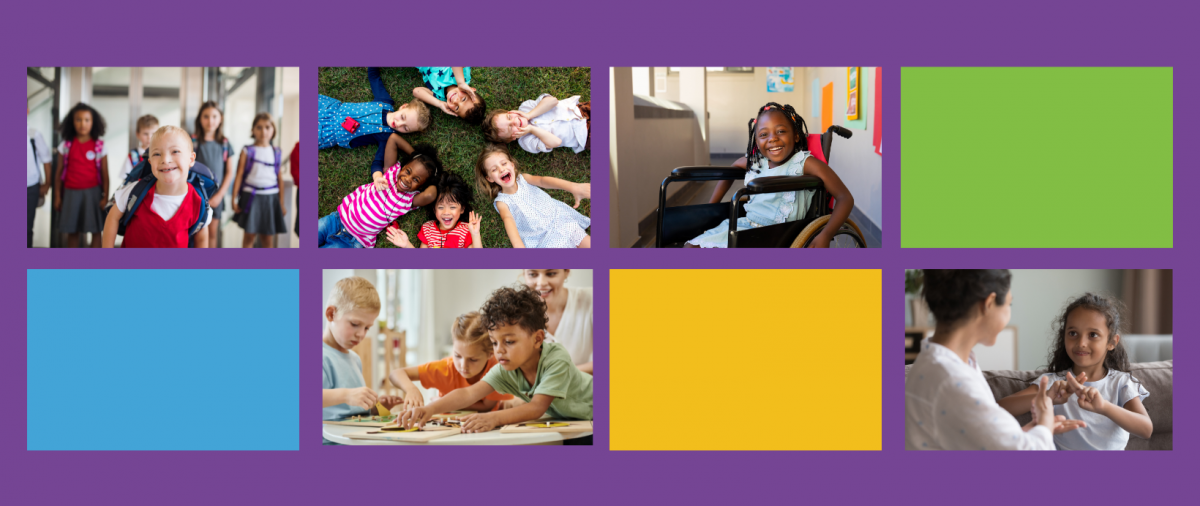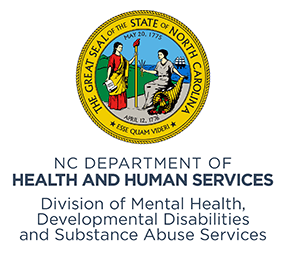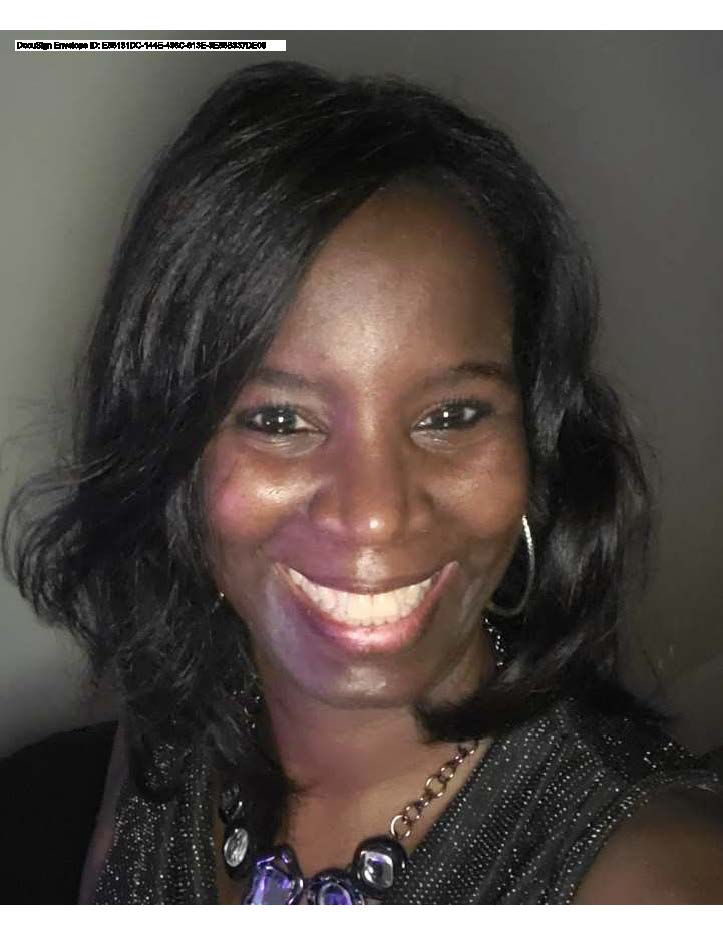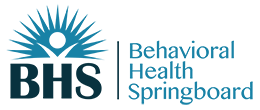
Date: March 15th, 2024 from 8:00 am to 3:30pm
Location: The Koury Convention Center in Greensboro, NC
Registration Fee: $70.00
Registration includes access to the two workshop trainings, up to 6 credit hours, meals during the training + one virtual masterclass.
Series Description:
This workshop will incorporate two topics designed for professionals working with dually diagnosed youth and their families who are navigating the complex intersection of mental health challenges and intellectual/developmental disabilities.
Part 1 will be grounded in a trauma-informed approach, participants will delve into innovative interventions and strategies aimed at providing holistic support to this unique population. Through a combination of interactive sessions, case studies, and practical exercises, attendees will gain valuable insights and skills to enhance their effectiveness in guiding dually diagnosed youth towards a path of recovery and resilience.
Part 2 will focus on review and practice of professional advocacy skills to address the support needs of families navigating services and supports for dually diagnosed youth. By the end of this workshop, participants will be equipped with a diverse toolkit of trauma-informed interventions and professional advocacy strategies, enabling them to provide more effective and tailored support to dually diagnosed youth and their families on their journey towards recovery and well-being.
Workshop will last from 8:00 am to 3:30pm
| Speaker | Title |
|
Dr. Wanda Brown- Ramseur |
Innovative Interventions and Strategies to Support Dually Diagnosed Youth Through a Trauma Informed Lens |
| Chewuna Patterson |
Professional Advocacy Training to Support Families of Dually Diagnosed Youth |
Virtual Masterclass led by Dr. Wanda Brown-Ramseur to follow
Inclement Weather Policy:
Any announcements regarding changes to the schedule due to inclement weather will be posted on https://bhs.unc.edu. Registered participants will also be notified by email.
ADA Statement:
Registrants requiring any of the auxiliary aids or services identified in the Americans with Disabilities Act to participate in our training programs, please contact us by email at bhs-support@unc.edu or by phone at (919) 445-0990 after completing registration to ensure we have enough time to secure the requested services.
Contact for Questions:
For questions, further information, or concerns, contact bhs-support@unc.edu
Or call (919) 445-0990
 Confirmation Notices and Certificates of Completion:
Confirmation Notices and Certificates of Completion:
Immediately after the training concludes participants will receive an email notifying them of the process and the manner, they will gain access to the evaluation and the certificate of completion for the training. The Certificate of Completion email will go within 5 business days after the training concludes to participants who met the time requirement listed in the continuing education policy based on the length of the training.
Supporting Dually Diagnosed Youth and Their Families: Innovative Interventions & Professional Advocacy Training
- Part 1: Innovative Interventions and Strategies to Support Dually Diagnosed Youth Through a Trauma Informed Lens
- Part 2: Professional Advocacy Training to Support Families of Dually Diagnosed Youth
Following the Workshop, participants are invited to attend an optional follow-up Masterclass with Dr. Wanda Brown-Ramseur from 9:00 am to 11:00 am on one of the following dates:
April 1st, 2024 or May 6th, 2024
Modality: virtual
Credit hours: 2 hours total
Participants will receive a link after the workshop concludes, allowing attendance to ONE masterclass free of cost. Please note that both dates will consist of the same class material.
Please note:Registration includes access to the two workshop trainings, up to 6 credit hours, meals during training + one virtual masterclass. Registration does not include overnight accommodations. If you would like to purchase a stay at the Sheraton Greensboro, connected to the Koury Convention Center, please request access to the rooming block by contacting maddhb@unc.edu
Description
This workshop will incorporate two topics designed for professionals working with dually diagnosed youth and their families who are navigating the complex intersection of mental health challenges and intellectual/developmental disabilities. Part 1 will be grounded in a trauma-informed approach, participants will delve into innovative interventions and strategies aimed at providing holistic support to this unique population. Through a combination of interactive sessions, case studies, and practical exercises, attendees will gain valuable insights and skills to enhance their effectiveness in guiding dually diagnosed youth towards a path of recovery and resilience. Part 2 will focus on review and practice of professional advocacy skills to address the support needs of families navigating services and supports for dually diagnosed youth. By the end of this workshop, participants will be equipped with a diverse toolkit of trauma-informed interventions and professional advocacy strategies, enabling them to provide more effective and tailored support to dually diagnosed youth and their families on their journey towards recovery and well-being.
Part 1: Learning Objectives:
- Explore cutting edge therapeutic modalities tailored for dually diagnosed youth, including mindfulness-based interventions, expressive arts therapy, and somatic practices
- Recognize the impact of trauma on the development and manifestation of dual diagnoses
- Discover strategies to harness strengths and resilience of dually diagnosed youth in the healing process
- Cultivate a strengths based mindset to empower and motivate clients
Part 2: Learning Objectives
- Recognize the advocacy and support needs of families with dually diagnosed youth
- Identify strategies to professionally advocate for families with dually diagnosed youth
Children with Complex Need Didactic Series
The University of North Carolina at Chapel Hill School of Social Work has been approved by NBCC as an Approved Continuing Education Provider, ACEP No. 6642. Programs that do not qualify for NBCC credit are clearly identified. The University of North Carolina at Chapel Hill School of Social Work is solely responsible for all aspects of the programs. Successfully completing the course (both part one and two) qualifies for up to 6 contact hours.
The completion of this course has been approved by the North Carolina Specialist Addiction Professional Practice Board for up to 6 credit hours.
Follow up- Masterclass w/ Dr. Wand Brown-Ramseur
The University of North Carolina at Chapel Hill School of Social Work has been approved by NBCC as an Approved Continuing Education Provider, ACEP No. 6642. Programs that do not qualify for NBCC credit are clearly identified. The University of North Carolina at Chapel Hill School of Social Work is solely responsible for all aspects of the programs. Successfully completing the course qualifies for up to 2 contact hours.
The completion of this course has been approved by the North Carolina Specialist Addiction Professional Practice Board for up to 2 credit hours.
 Dr. Wanda Brown-Ramseur, Ed.D, specializing in Psychology of Counseling, operates as a Trauma and Addiction Professional within the private practice setting of STEPS TOWARD SUCCESS, PLLC, situated in Greensboro, NC. Dr. Brown-Ramseur boasts a comprehensive background across diverse Human Service disciplines, showcasing profound proficiency in the realms of the addictive process and intergenerational unresolved trauma issues. Her focal area of expertise revolves around comprehending the traumatic impact on development and addressing the impediments to envisioning a balanced and prosperous future for children. Having resided in Washington DC and Austin, Texas, Dr. Brown-Ramseur has returned to North Carolina, engaging in the application of transdisciplinary competencies pivotal for effective professional practice. These competencies encompass a nuanced grasp of Addiction, Treatment of Knowledge, Application to Practice, and Professional Readiness.
Dr. Wanda Brown-Ramseur, Ed.D, specializing in Psychology of Counseling, operates as a Trauma and Addiction Professional within the private practice setting of STEPS TOWARD SUCCESS, PLLC, situated in Greensboro, NC. Dr. Brown-Ramseur boasts a comprehensive background across diverse Human Service disciplines, showcasing profound proficiency in the realms of the addictive process and intergenerational unresolved trauma issues. Her focal area of expertise revolves around comprehending the traumatic impact on development and addressing the impediments to envisioning a balanced and prosperous future for children. Having resided in Washington DC and Austin, Texas, Dr. Brown-Ramseur has returned to North Carolina, engaging in the application of transdisciplinary competencies pivotal for effective professional practice. These competencies encompass a nuanced grasp of Addiction, Treatment of Knowledge, Application to Practice, and Professional Readiness.
Dr. Wanda adopts a broad-spectrum understanding of Human Development, surpassing the constraints of singular specialties. Demonstrating unwavering commitment to the mental health profession, she extends therapeutic options for Post-Traumatic Stress, Depression, Trauma Reactive Behaviors, Attachment Disorders, Substance Abuse/Addiction Disorder, Complex, and Secondary Trauma. Employing cutting-edge methodologies, Dr. Brown-Ramseur integrates EMDR as a comprehensive psychotherapeutic approach, alongside Alpha-Stim cranial electrotherapy stimulation (CES) for addressing depression, anxiety, and insomnia.
Her therapeutic program encompasses preventative services, Trauma Focused Cognitive Behavioral Therapy, and Dialectical Behavior Therapy, while introducing innovative approaches such as Trauma Refocus Camps tailored for adolescents and their families. Beyond individualized therapy, Dr. Brown-Ramseur extends her professional contributions by offering Clinical Supervision, Continuing Education Units seminars, Professional Development Coaching, and Test Preparation assistance for counselors pursuing certification or licensure. Her multifaceted professional portfolio reflects a commitment to advancing mental health practices and fostering the growth of counseling professionals.
 Chewuna Patterson
Chewuna Patterson
